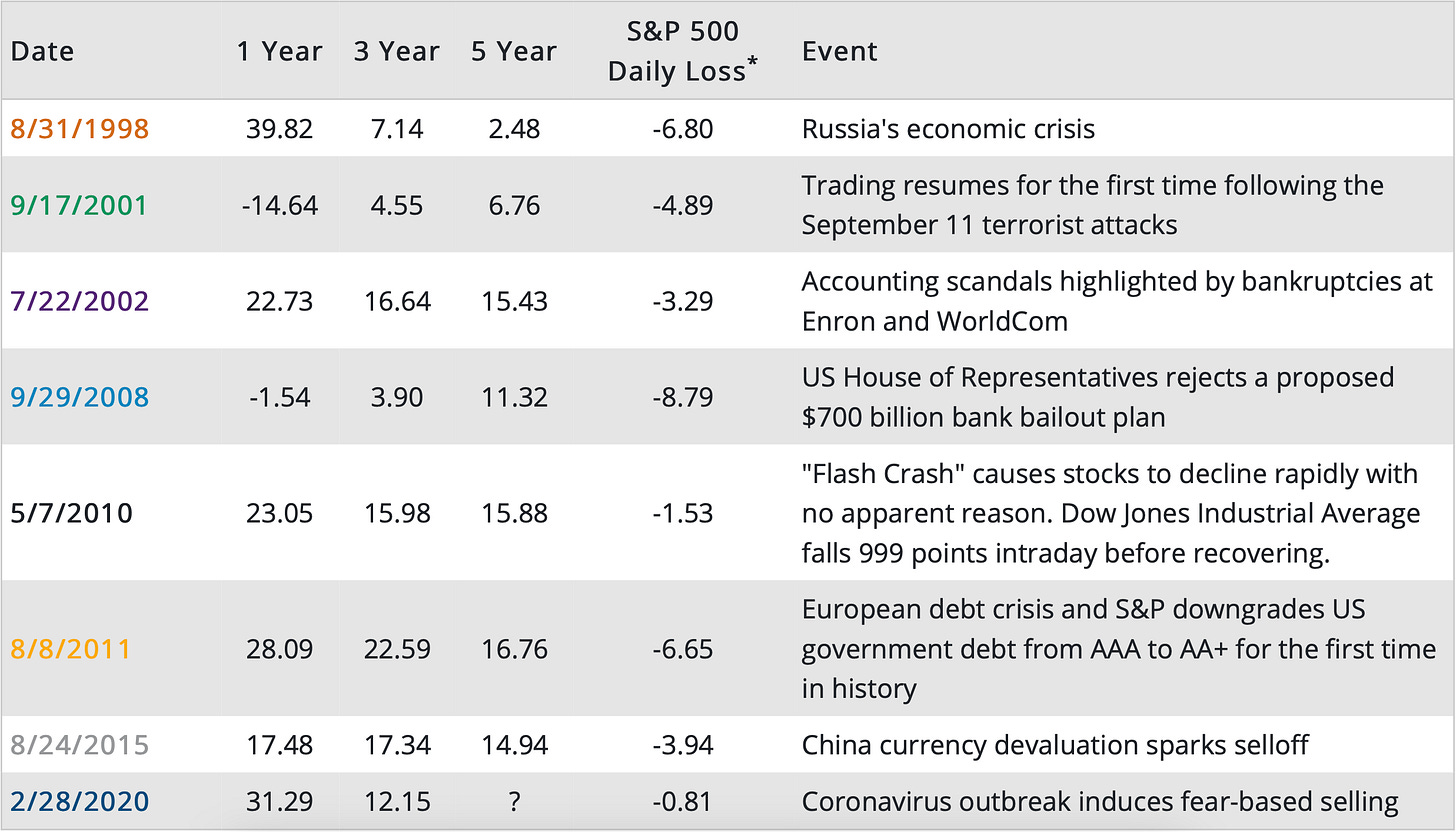The Emotional Gap
Emotions are a key reason why people do not make rational choices.
There is a famous adage on Wall Street that markets are driven by just two emotions: Fear and greed.
These two emotions cause failures at the individual investor level all the way to systematic collapses. Allowing emotions to steer investment decisions often results in irrational choices. Understanding risk tolerance is a way to control emotions and, therefore, increase your decision-making during periods of market anxiety or exuberance.
Greed
“Greed is a bottomless pit which exhausts the person in an endless effort to satisfy the need without ever reaching satisfaction.” - Erich Fromm
The idea of getting rich quickly has always been present in human society, and there has been no better way to exploit this inherent human trait than by the invitation from a bull market.
Throughout history, greed has led to famous events such as the tulip mania, Japan’s bubble economy, and the internet boom. This driving force is why these events became bubbles. Asset prices do not rise on any fundamental element, and as we all know, bubbles eventually burst.
These financial conditions are built on irrational exuberance, a term popularised by the former Fed chair Alan Greenspan.
“But how do we know when irrational exuberance has unduly escalated asset values, which then become subject to unexpected and prolonged contractions as they have in Japan over the past decade? And how do we factor that assessment into monetary policy?” - Greenspan in his 1996 speech ‘The Challenge of Central Banking in a Democratic Society.’
For any finance movie buff, Gordon Gekko’s quote from the 1987 movie ‘Wall Street’ could be called to mind.
“Greed, for lack of a better word, is good.”
He went on to make the point that greed is a clean drive that “captures the essence of the evolutionary spirit. Greed, in all of its forms; greed for life, for money, for love, for knowledge has marked the upward surge of mankind.”
Economists claim that the free market forces if left to themselves without government interference, unleash the good qualities of greed. Capitalism itself is also based on a healthy form of greed.
Could Wall Street, the centre of American capitalism, function without greed?
Fear
“Be fearful when others are greedy, and greedy when others are fearful.” - Warren Buffett
Just as the market can become overwhelmed with greed, it can also succumb to fear.
During extended periods of significant stock market declines, a collective sense of apprehension may cause investors to dispose of their holdings out of fear of further capital erosion. This, in turn, leads to a self-fulfilling dynamic that perpetuates the downward trend. Economists have coined the term “Herd Behaviour” to describe the phenomenon where investors make trading decisions based on the actions of others rather than on independent analysis or evaluation of market fundamentals.
Just as greed dominates the market during a boom, fear prevails following its bust.
Granted, losing a large portion of your portfolio is a tough pill to swallow, but you only compound the damage by missing out on the inevitable recovery. Hence, Buffett’s words ring true: You must be greedy when others are fearful.
What does the data say?
S&P 500 Index Returns (%) When VIX >40 Since 1993:
In many cases, deploying capital in times of fear can lead to superior returns.
Navigating dynamics
Successfully navigating the dynamics of greed, fear, and emotional impulses is a defining factor that distinguishes adept traders from novices. Adhering to fundamental principles such as implementing stop losses for all trades, analysing higher timeframes, establishing routines through comprehensive checklists, capturing partial profits at an early stage, constraining position size, and diligently monitoring performance metrics serve as safeguards against irrational decision-making.
Constructive trading psychology does not eliminate emotions but rather channels them in a productive manner. Through composed and mindful analysis of probabilities and effective risk management, traders can prosper in volatile markets by patiently awaiting opportunities.







